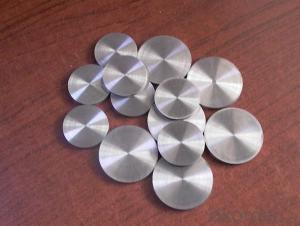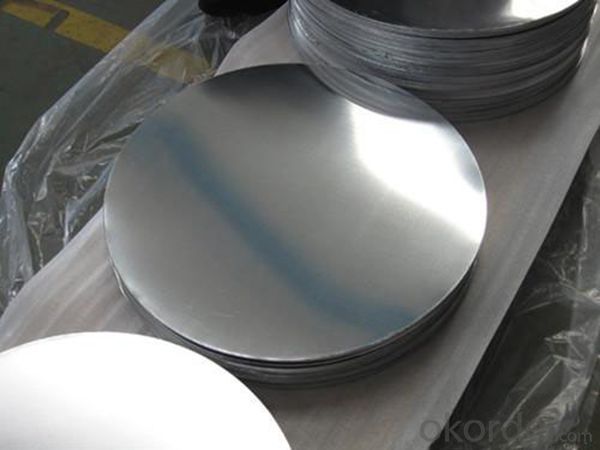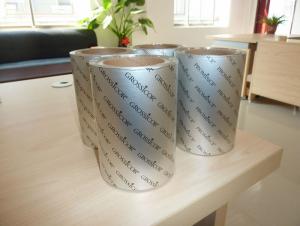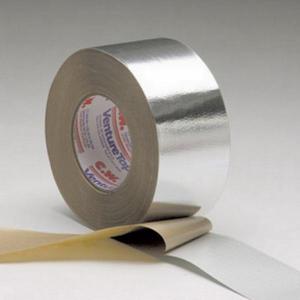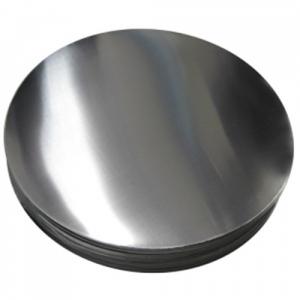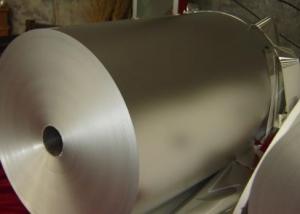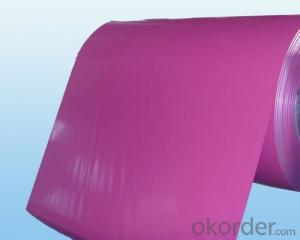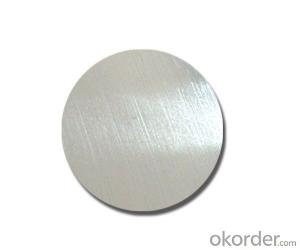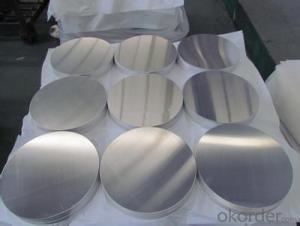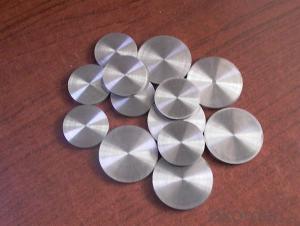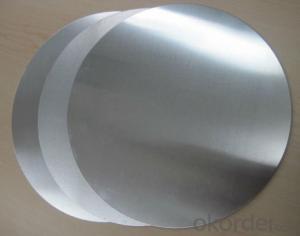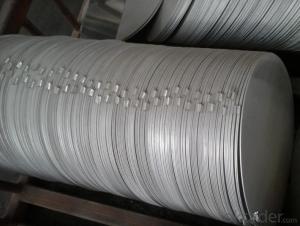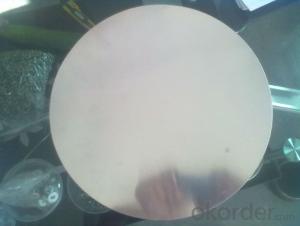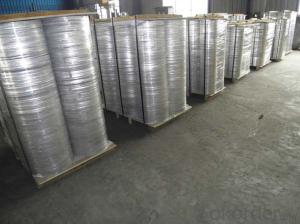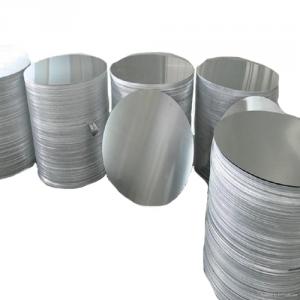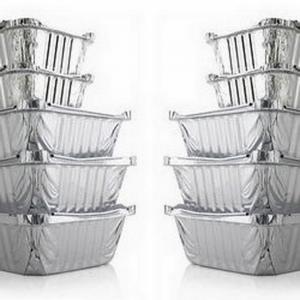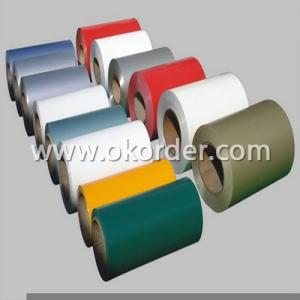Aluminum Cookware Pressure Cooker Circle Sheet
- Loading Port:
- Shanghai
- Payment Terms:
- TT OR LC
- Min Order Qty:
- 5 m.t.
- Supply Capability:
- 10000 m.t./month
OKorder Service Pledge
OKorder Financial Service
You Might Also Like
Specification
1.Structure of Aluminum Circle Sheet for Cookware Pressure Cooker Description
• Product: Aluminim Circle
• Application: It is used in cookware, engineering, lighting purpose, fried pans, non-sticky pans, cooking pots, kettles, hard anodize cook wire, pressure cooker and house hold utensils, reflector of the light, etc
• Advantage: Deep drawing and hard anodizing quality Aluminum Circle Sheet can be supplied. Our Aluminum Circle is RoHS and REACH compliance and uses well-protected packing. Our circles are excellent material for producing cookware, utensil, pots, pans and kettles.
2.Main Features of the Aluminum Circle Sheet for Cookware Pressure Cooker
• High manufacturing accuracy
• Smooth surface
• No waves
• High strength of extension and yield
• Well packaged
3.Aluminum Circle Sheet for Cookware Pressure Cooker Images
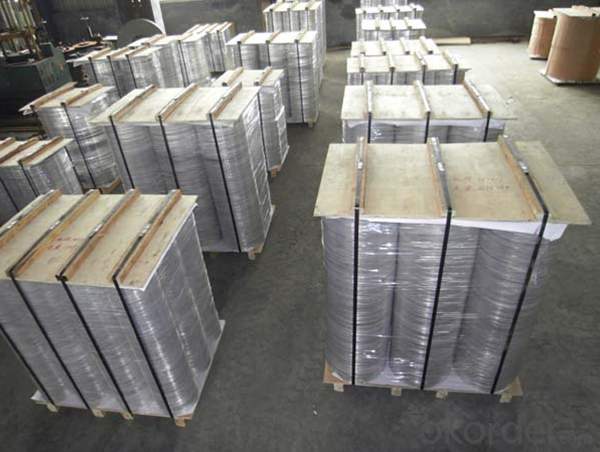
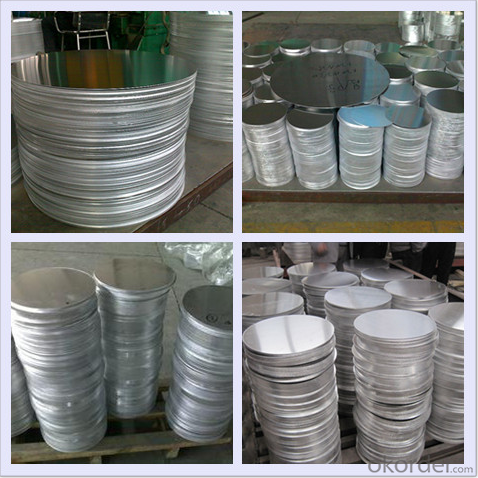
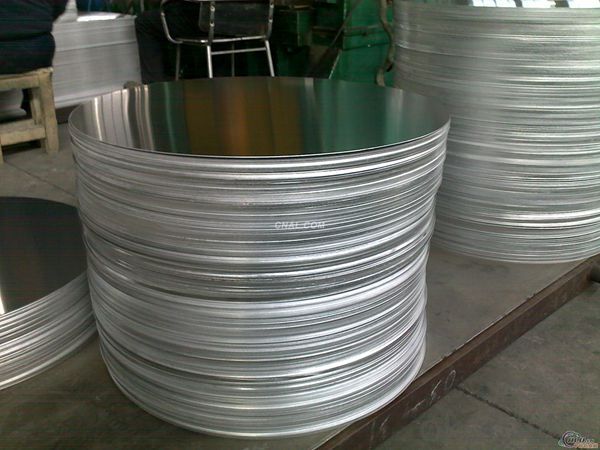
4.Aluminum Circle Sheet for Cookware Pressure Cooker Specification
Alloy | AA1050,AA1060,AA1100 AA3003etc. |
Temper | O,H14 |
Thickness | 0.5MM-4MM |
Diagonal | 100-1200MM |
Standard | GB/T 3880-2006 |
5.FAQ of Aluminum Circle Sheet for Cookware Pressure Cooker
We have organized several common questions for our clients,may help you sincerely:
① How about your company?
A world class manufacturer & supplier of aluminum coil and alloy blanks. Aluminum production base is comprised of 18 aluminum annealers, 10 coil and foil mills, 4 continuous production lines, 2 hot rolling production line and 3 prepainted lines.
Export 5000 tons per month to Asia, America and Middle East. Always do the best for our clients.
②Can you guarantee the quality of the products?
We are responsible for the quality of materials to get a long-term cooperation with clients in a reasonable period of time and we are glad to arrange and coordinate any third party inspection for you.
③What is the delivery time after purchase?
35 day after receiving client’s deposit or correct LC
- Q: Is it possible to create jewelry using pure aluminum?
- <p>Yes, pure aluminum can be used to make jewelry, but it's not commonly used for fine jewelry due to its lower value and potential for oxidation. While it is lightweight and affordable, it lacks the luster and durability of precious metals like gold, silver, or platinum. Aluminum can tarnish and may cause allergic reactions in some individuals. It is more commonly used in costume jewelry or for specific designs where its properties are advantageous.</p>
- Q: Is aluminum a suitable material for use in solar panels?
- <p>Yes, aluminum is commonly used in solar panels, primarily for framing and mounting purposes. It is a lightweight, durable, and cost-effective material that provides structural support and protection against environmental elements. While the photovoltaic cells themselves are typically made from silicon, aluminum's role in the assembly is crucial for the overall performance and longevity of the solar panel system.</p>
- Q: This question asks for the current cost of aluminum.
- <p>The cost of aluminum fluctuates based on market conditions and can vary by region. As of my last update, the price of aluminum was around $2,500 per metric ton, but this is subject to change. For the most accurate and up-to-date pricing, it's best to check with a commodity exchange or a reliable financial news source. Prices can be influenced by supply and demand, economic indicators, and geopolitical factors.</p>
- Q: This question asks for the distinguishing characteristics of aluminum compared to other metals.
- <p>Aluminum is a lightweight, silvery-white metal that is the most abundant metal in the Earth's crust. It is known for its low density, making it one-third the weight of steel. It is highly malleable, ductile, and has excellent corrosion resistance due to the formation of a protective oxide layer. Unlike many other metals, aluminum is not magnetic and has good thermal conductivity. It is also non-toxic and can be recycled easily. These properties make aluminum distinct from other metals such as iron, copper, and lead, which have different densities, melting points, and chemical reactivities.</p>
- Q: What are the environmental impacts of aluminum production and use?
- <p>Aluminum has significant environmental impacts, primarily due to its production process. The extraction of bauxite ore, the main source of aluminum, involves deforestation and habitat destruction. The refining process releases greenhouse gases, particularly carbon dioxide, contributing to climate change. Additionally, aluminum production generates toxic byproducts like red mud, which can contaminate water and soil. Despite these issues, aluminum is also recyclable, and its lightweight nature can reduce energy consumption in transportation, mitigating some environmental impacts. However, improper disposal of aluminum waste can still lead to pollution.</p>
- Q: Jiangsu in addition to the 10000 aluminum factory, there are no other aluminum factory?
- Jiangyin Xinyu company specializing in the production of various types of building Aluminum Alloy industrial profiles, A Well-Known Trademark in China, national inspection, Jiangsu famous brand, my ID address after the two to 52 is my mobile phone number, welcome to contact with us, thank you!
- Q: Explain the economic and job market implications of using aluminum.
- <p>The use of aluminum has significant impacts on the economy and job market. It is a key material in various industries, including construction, automotive, aerospace, and consumer goods, which drives demand and economic growth. Aluminum production and processing create jobs directly in mining, refining, and manufacturing sectors, and indirectly in related services and supply chains. Additionally, its lightweight and corrosion-resistant properties make it valuable for energy-efficient transportation, contributing to environmental sustainability and opening new job opportunities in green technologies. However, it also presents challenges such as the need for energy-intensive production processes and the management of waste, which require innovative solutions and can lead to job creation in recycling and environmental management.</p>
- Q: What specific rules or guidelines are there for incorporating aluminum in construction projects?
- <p>Yes, there are special regulations for using aluminum in construction projects. These regulations vary by country and region but generally include standards for material properties, structural integrity, fire resistance, and environmental impact. For instance, the American Society for Testing and Materials (ASTM) and the Aluminum Association provide guidelines for aluminum usage in construction. Compliance with building codes is crucial, and these codes often specify the grades of aluminum, allowable stress values, and methods of joining. Additionally, considerations for corrosion resistance, thermal expansion, and recycling potential are important. It's essential to consult local building codes and industry standards to ensure compliance when using aluminum in construction.</p>
- Q: This question asks about the various applications and purposes of aluminum in different industries and everyday life.
- <p>Aluminum is widely used due to its lightweight, corrosion resistance, and high thermal and electrical conductivity. It's extensively used in the transportation industry for manufacturing vehicles, airplanes, and ships. In construction, it's used for window frames, roofing, and structural components. Aluminum is also prevalent in packaging, particularly for food and beverages, and in electrical components like wiring and capacitors. Additionally, it's used in everyday items such as cans, foil, and cookware, and in industrial machinery and tools. Its versatility and recyclability make it a valuable material across many sectors.</p>
- Q: What precautions should be taken when handling molten aluminum to ensure safety?
- <p>Safety measures for working with molten aluminum include wearing appropriate personal protective equipment (PPE) such as heat-resistant gloves, face shields, and fire-resistant clothing. Ensure proper ventilation to avoid inhaling fumes. Use non-ferrous tools to avoid reactions with molten aluminum. Keep the work area clean and free from water, as it can cause violent reactions. Train workers on emergency procedures and have fire extinguishers suitable for metal fires readily available. Always work in teams to ensure someone can assist in case of an emergency.</p>
Send your message to us
Aluminum Cookware Pressure Cooker Circle Sheet
- Loading Port:
- Shanghai
- Payment Terms:
- TT OR LC
- Min Order Qty:
- 5 m.t.
- Supply Capability:
- 10000 m.t./month
OKorder Service Pledge
OKorder Financial Service
Similar products
Hot products
Hot Searches
Related keywords
